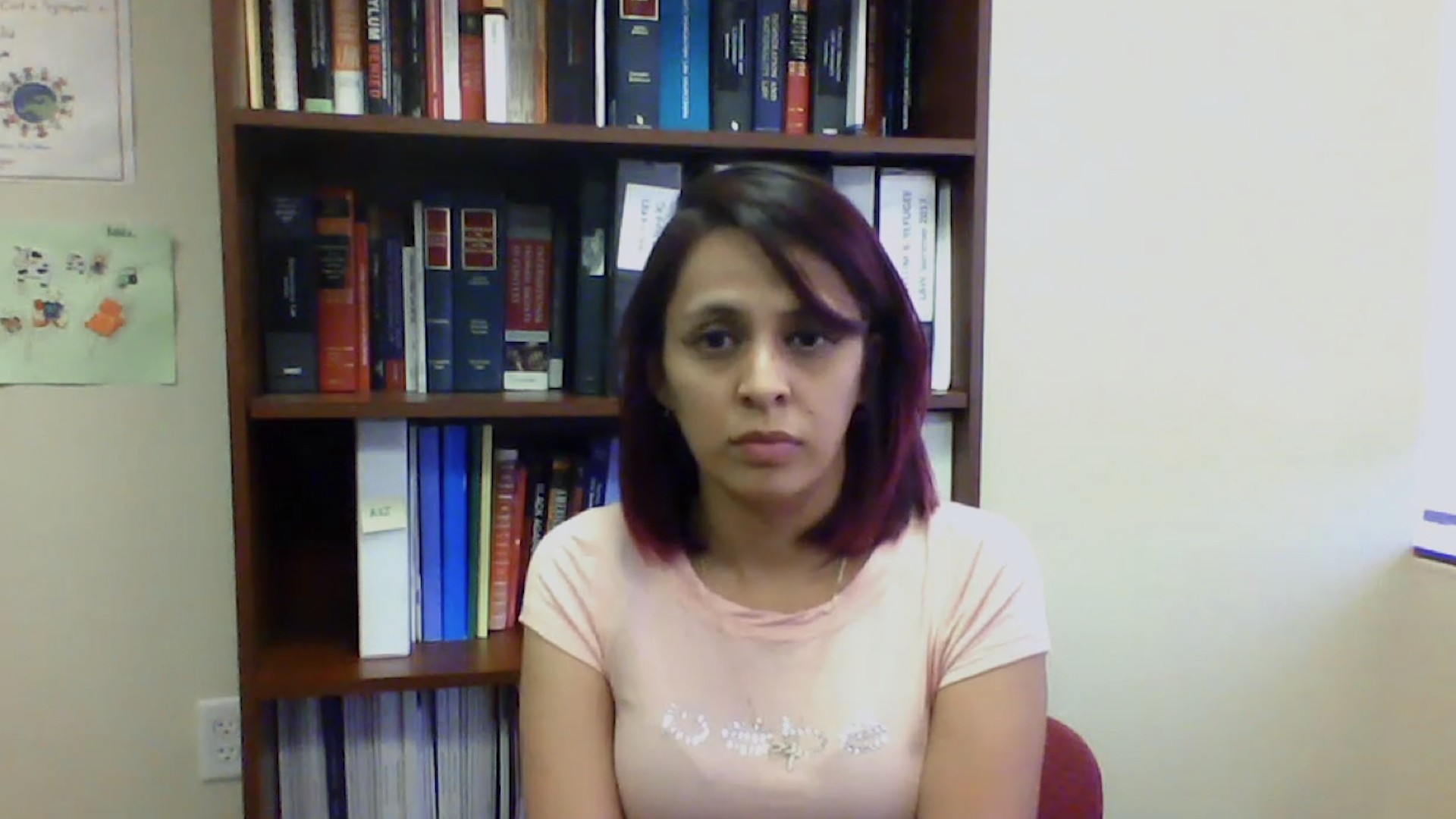Fancycrave/Unsplash
Julie Figueras, a Bay Area bar manager, is the daughter of a Cuban immigrant who was separated from his family as a child when he came to the United States. She tells me about the trauma caused by this separation, and how that was passed on to her.My father was born in Havana in the late 1940s. After Castro assumed power and aligned himself with the USSR, they started drafting children to the military. There were fears of kids being sent to work camps in Siberia. His family didn’t want that for their son, and began to plan his exit. My dad came over to the United States in 1961 at 14—the Cuban draft age—through Operation Peter Pan (Operacion Pedro Pan).The program did not allow entire families to leave Cuba. The Cuban government ensured that whole families couldn’t get visas anyway, so he got on the airplane that day not knowing if he would ever see his family again.He was an only child, and the first person in the family to go to the US. My father was placed in custody with the Catholic church in Miami until someone from our family could get him, whenever or even if that might be. He was there for several months. During that time you have no contact with anyone in your family in Cuba, and you wake up every day and wonder if someone will show up for you.He’s never been comfortable discussing his time in the boys’ home. He talks about being bullied and there being a lack of nurture and care during that time. He recalls the daily fear of never seeing his family again, especially the end of the day disappointment when his family didn’t show up. Each and every day he had to feel that way. And every day you hope, but a month feels like a year, and six months is a decade.He had to give up that hope in order to survive. In coping with his conditions, he internalized the trauma he was experiencing, which accompanied him into adulthood, into parenthood, and was eventually inflicted upon me.When you suffer from abandonment issues, everything is about control and making sure you never get left behind again. He threatened to kill himself unless I told him I Ioved him. He tried to buy my affection with material goods. I was given the impossible task of being responsible for his well-being. Eventually a therapist explained to me, “your parent dynamic is reversed; you’ve never had a father. You’ve been his parent because he’s been looking to you to satisfy this loss that he had by coming to the US alone and living with the abandonment and belief of never seeing his family again.”Of course, his childhood wasn’t discussed, so figuring out why he treated me the way he did was a struggle. In college I took a year of developmental psychology and saw the connections between what my dad endured coming to the US alone, his feeling abandoned, and the behavioral indicators of Obsessive Compulsive Disorder (OCD) and Borderline Personality Disorder (BPD), both of which he was formally diagnosed with as an adult, as well as depression. Specifically his need to control, the need to be right, being unable to admit fault, being absolute in everything, and erupting with anger and abuse anytime something was outside his control.My dad’s experience of losing hope, of saying, “every day I thought maybe, and every one of those days I had to console myself that it wasn’t today, and maybe not ever,” is a worldview these children [who have been separated from their parents during this current administration] are being forced into. When you imagine these kids watching their parents being ripped away, and not knowing if their parents are even alive, you can’t begin to imagine what that feeling of hopelessness is.
Watch this from VICE:
Any amount of time a child has to wonder if they’re alone forever is irreparable. I know that it doesn’t go away. I’ve seen those demons, those fears in my dad. The nightmare my dad lived with at 14 was waiting for him. Even when you reunite the families, if that ever happens, the seed of trauma has been planted.It reared its head when my grandfather—my father’s father—passed away. All of a sudden, at 69, my dad was faced with this lifelong childhood fear, reliving every single terror from when he was separated from his family. The coping mechanism of control couldn’t save his father from dying, so he turned to alcohol, to pills, anything to keep those feelings from resurfacing in full. He’s still alive, but barely, and though we’re in touch I keep him at a distance that’s comfortable for me.I’m privileged to be able to afford mental health care, but not everyone can, or will choose to. If my dad had been able to cross the border with his family, or receive psychological support upon arrival, maybe I wouldn’t have to. We didn’t know then that children needed psychological care after an experience like that, but knowing what we do now it’s irresponsible, if not criminal, to put that pressure on these families who already have nothing. It’s another system setting immigrants (specifically their children) up for failure in this country. That’s not a deterrent. That’s a death sentence.Sign up for our newsletter to get the best of Tonic delivered to your inbox.
Advertisement
Advertisement
Watch this from VICE:

Any amount of time a child has to wonder if they’re alone forever is irreparable. I know that it doesn’t go away. I’ve seen those demons, those fears in my dad. The nightmare my dad lived with at 14 was waiting for him. Even when you reunite the families, if that ever happens, the seed of trauma has been planted.It reared its head when my grandfather—my father’s father—passed away. All of a sudden, at 69, my dad was faced with this lifelong childhood fear, reliving every single terror from when he was separated from his family. The coping mechanism of control couldn’t save his father from dying, so he turned to alcohol, to pills, anything to keep those feelings from resurfacing in full. He’s still alive, but barely, and though we’re in touch I keep him at a distance that’s comfortable for me.I’m privileged to be able to afford mental health care, but not everyone can, or will choose to. If my dad had been able to cross the border with his family, or receive psychological support upon arrival, maybe I wouldn’t have to. We didn’t know then that children needed psychological care after an experience like that, but knowing what we do now it’s irresponsible, if not criminal, to put that pressure on these families who already have nothing. It’s another system setting immigrants (specifically their children) up for failure in this country. That’s not a deterrent. That’s a death sentence.Sign up for our newsletter to get the best of Tonic delivered to your inbox.
